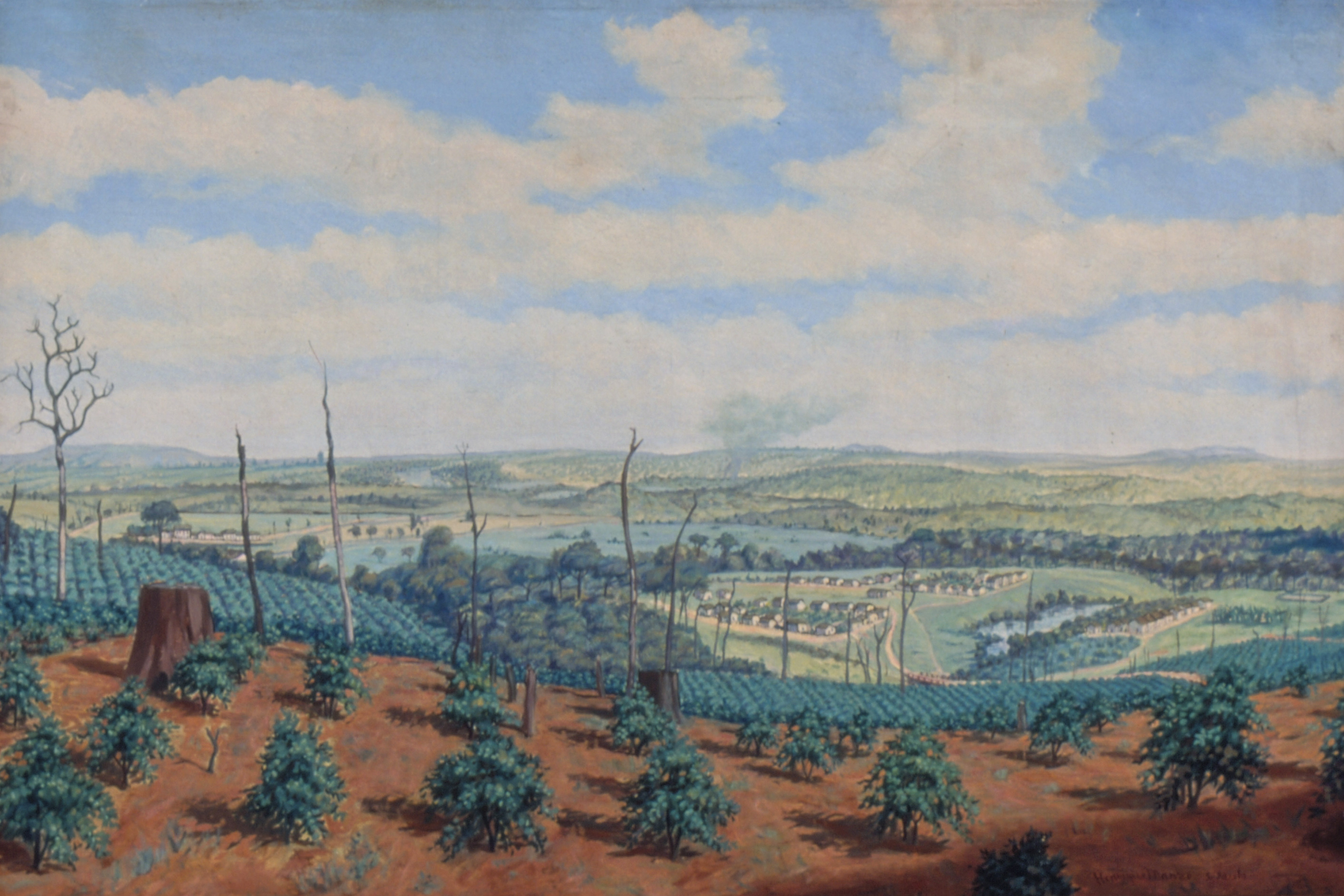
Switzerland cannot avoid NATO ‘question’ says Ruag President

Swiss neutrality and its interpretation remains a question that needs to be addressed says president of Ruag, Swiss state-owned defence contracting firm.
In an interview with Neue Zürcher ZeitungExternal link (NZZ) about Ruag’s ability to operate within the Swiss legal and political frameworks, Ruag President Nicolas Perrin stated that, in an increasingly connected world, the question of neutrality and its interpretation will come up more often.
Switzerland will have to make a decision on NATO membership, Perrin said in the interview. He would not reveal whether he personally favours Swiss membership of NATO or not, “’it is a political question” Perrin told NZZ.
Perrin’s reluctance to answer questions about Switzerland’s neutrality comes at the heels of the resignation of Ruag’s CEO, Brigitte Beck. Beck stepped down earlier this August after less than a year in the position. The reason for her resignation was said to be controversial statements made on Switzerland’s neutrality policy.
++Ruag CEO resigns following controversial comments on Swiss neutrality policy
When asked about Ruag’s relationship to suppliers abroad and the regulatory framework in which Ruag operates, Perrin said that he doesn’t believe that it is worthwhile to produce arms and ammunition completely within Switzerland, as the export legislation is very strict. “Independent production only makes sense if you really produced every component in Switzerland, and that’s not realistic,” he said. The Swiss market is too small. However, Perrin does not believe that full state-control over Ruag would be more efficient or innovative.
++Ukraine war is a windfall for Swiss arms industry
While Perrin does not believe it is viable for a fully autonomous arms and ammunition process within Switzerland, he thinks the focus should be on an autonomous IT sector. His company has long been a systems operator, he said. “With the new technologies, on the other hand, independence is becoming increasingly important. I prefer that we are autonomous in the IT area.”
++Switzerland signs Sky Shield declaration of intent

In compliance with the JTI standards
More: SWI swissinfo.ch certified by the Journalism Trust Initiative






























You can find an overview of ongoing debates with our journalists here . Please join us!
If you want to start a conversation about a topic raised in this article or want to report factual errors, email us at english@swissinfo.ch.